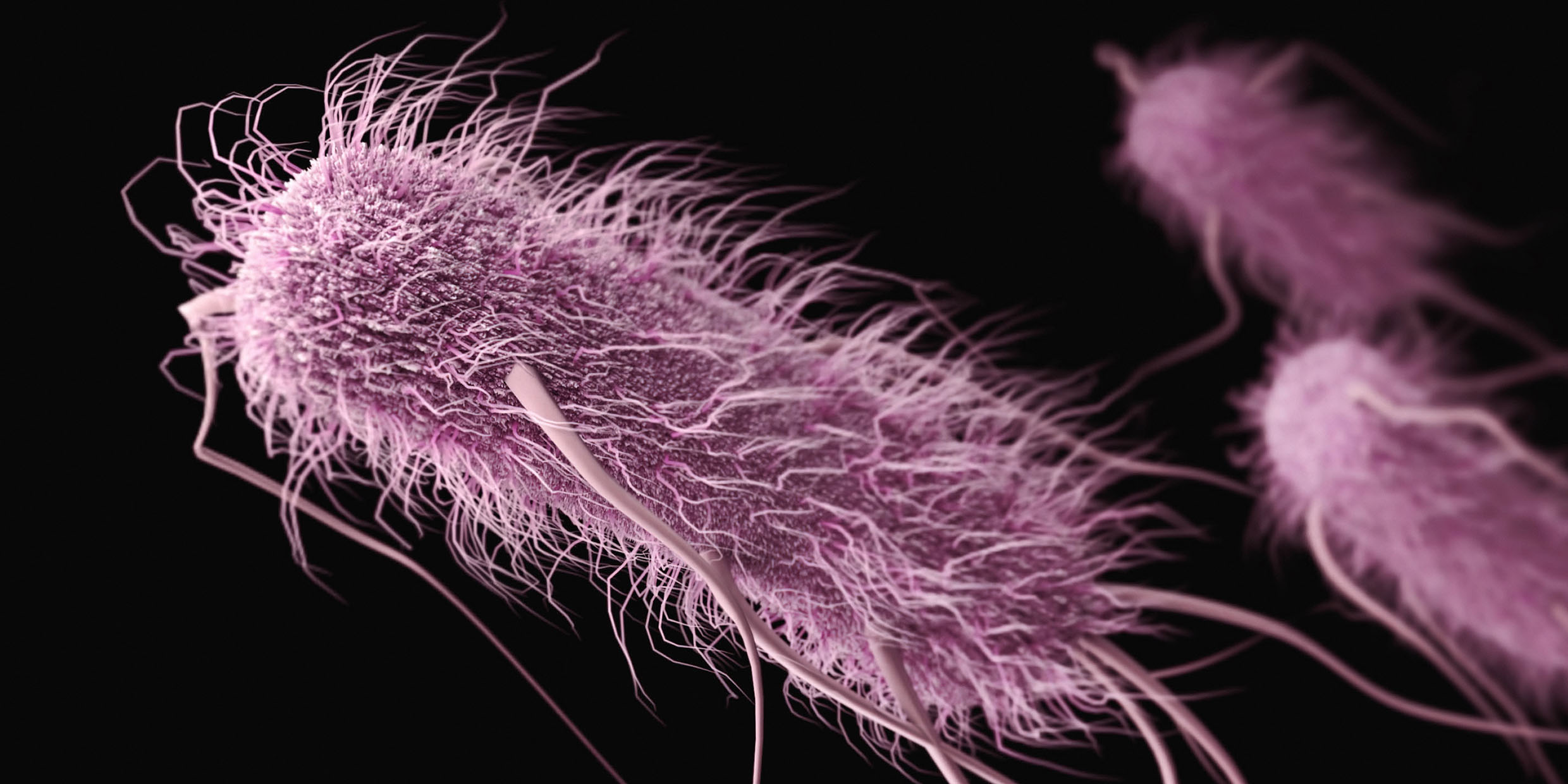Originally published 22 July 2003
Imagine for a moment that a spacefaring crew of extraterrestrials is approaching Earth. From a distance of a thousand miles, they see a globe dappled with clouds, water, land patchy with color; no unambiguous signs of life. They speculate about whether the planet is inhabited.
The visitors go into orbit a few hundred miles above the surface. Now the question of life gets more interesting. A few geographical features (the border between Israel and Jordan, for example, green on one side, brown on the other) suggest intelligent design. They sail around into the night side of the planet and patterns of light give the game away; surely those webs of luminescence have an artificial origin.
But not until they land on the surface does it become clear just to what extent the planet is alive. Six billion humans scamper about. Birds, insects, and creepy crawlies are everywhere. Down and up close, the place is thick with creaturedom — creatures a million, 10 million times smaller than the planet itself.
Now, imagine that the visitors approach just one of the humans — you, for instance. Yes, you, sitting there sipping your coffee and reading the newspaper, fresh out of the shower. What the extraterrestrials don’t know — what you don’t know, or don’t want to know — is that your body is a planet as densely populated with creatures as is the planet Earth — creatures a million, 10 million, times smaller than you; creatures not visible to the unaided eye. But shrink yourself to the size of a bacterium, say, and land on planet You. You’d find the place teeming with beasties of every sort.
Mites live and breed in the cavelike hair follicles of your nose and chin, oblivious to the drenching downpour of your shower. Lice love the dark jungles of your scalp; they swing from hair to hair with lobster-like claws, and feed, when hungry, on your blood.
A million bacteria per square centimeter inhabit the open deserts of your skin, eating and drinking (so to speak), and reproducing so fast that a dozen showers a day will do nothing to decimate their numbers. In the dark, damp parts of your body — your mouth and throat, for instance — their population soars a thousandfold.
And your gut. Your gut is chock full of bacteria, hundreds of species.
Now you’ve read all this before; you’ve even read it here. But here’s the new twist. Ecology. The ecology of planet You.
All those creatures that inhabit your body live in a delicate equilibrium with each other and with their host planet. Good health depends on maintaining balance.
A [2003] article in the journal Nature discussed the fate of a bacterium, H. pylori, that inhabits the human stomach and causes ulcers and stomach cancer. It turns out that, thanks to improved sanitation and widespread use of antibiotics, the bacteria is on the decline in many parts of the world, and faces extinction.
Great, you say. Sounds like a public-health triumph. But not all scientists agree. The tremendous evolutionary success of H. pylori as a denizen of human guts suggests that it offers some advantages to the host, they say. It may protect against childhood diarrhea, a major killer in parts of the world, by boosting the immune system and producing peptides that kill other bacteria.
It is also possible that H. pylori’s decline is behind an increase in acid-reflux diseases and cancer of the esophagus. In other words, solving one health problem by eliminating an apparently pernicious species may lead to other maladies that are just as bad or worse.
These connections between H. pylori and disease are controversial, but they suggest that we mess about with our indigenous flora and fauna at our peril.
The tangled web of relationships among the inhabitants of planet You is such that we can’t be sure what the consequences will be of decimating species. For example, some scientists wonder if shifting populations of our gut bacteria might have something to do with the developed world’s current epidemic of allergies and asthma.
Maintaining biodiversity on planet You may be just as important as maintaining biodiversity on planet Earth.



